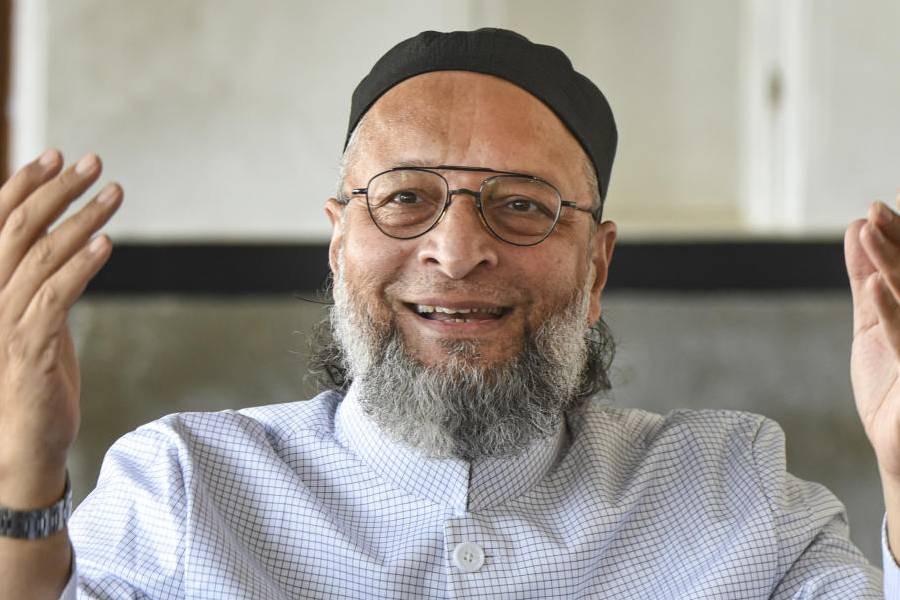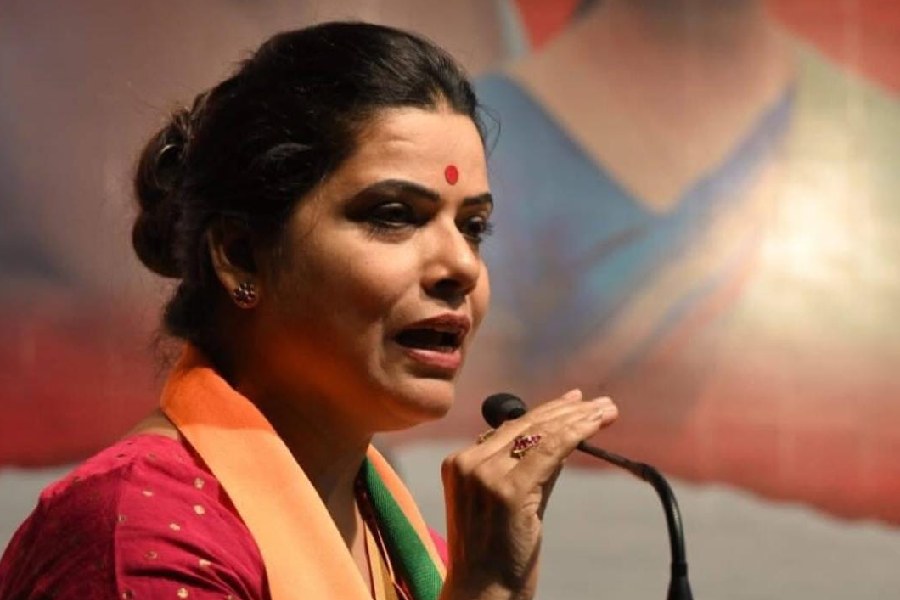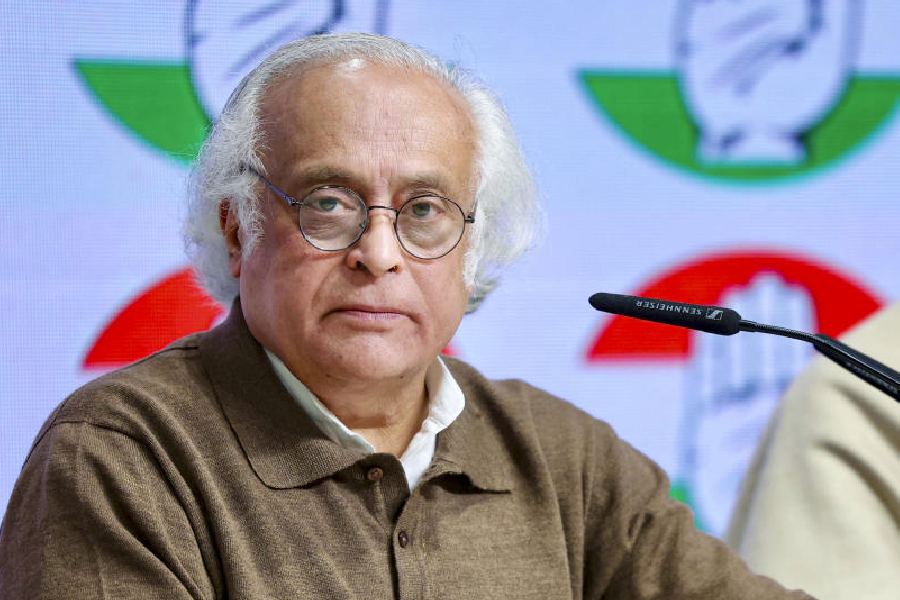It must be a cynical creed that sanctions cold-blooded murder of innocent people. But that precisely has been the record of the “Maoist” rebellion in India. Those who fell to the rebels’ bullets near Giridih were ordinary people who could not have been the class enemies of any revolutionary group. The death of the son of Babulal Marandi, Jharkhand’s former chief minister, in the shootout is a grim reminder that even influential politicians are not safe from the Maoist menace in the state. The danger was underscored earlier by the killing of Sudhir Mahato, a member of parliament from the region. Whether it is in Jharkhand, Chhattisgarh, Andhra Pradesh or any other state, the Maoist massacres must not be seen as political acts inspired by an ideology. They have to be seen as criminal acts and treated accordingly. Demystifying the rebellion has to be a major element in any strategy to fight it. It is simplistic to link the revolt to a government’s failure to tackle poverty. True, the Maoists find their largest followers and sympathizers among the tribal people who are among the poorest in India. The forests too give a certain topographical advantage to guerrilla warfare. But urban poverty is no less endemic and probably affects as large a population as the tribal communities.
A more probable reason for the Maoist rebellion’s influence on the tribal people is the failure of democratic politics to reach out to them. These people, like those belonging to backward castes, are seen by politicians only as vote banks. Even politicians belonging to these communities lose contact with their own people once they join any of the mainstream parties. Jharkhand has had a particularly unhappy experience with the so-called identity politics. The state was created in order to fulfil the political and economic aspirations of the tribal people. But the tribal people continue to feel marginalized in their own state. Even the party — Jharkhand Mukti Morcha — which they always knew to be their own has gone the way of the so-called national parties. The result is that the new state seems to be permanently mired in political instability. Jharkhand’s chief minister, Madhu Koda, is himself a symbol of this political vacuum. An independent member of the legislative assembly, he holds office at the mercy of the JMM and the Congress. The Maoist threat will only get worse if this dangerous drift continues.










